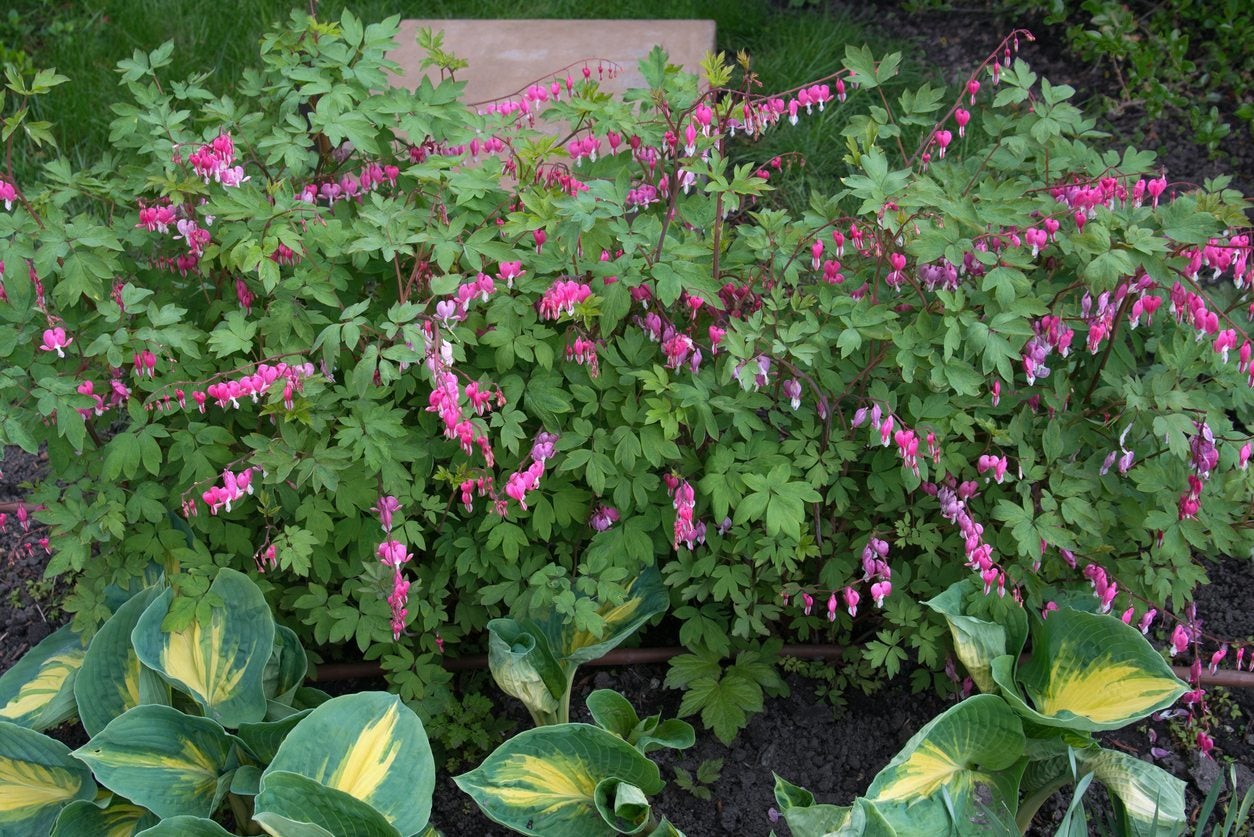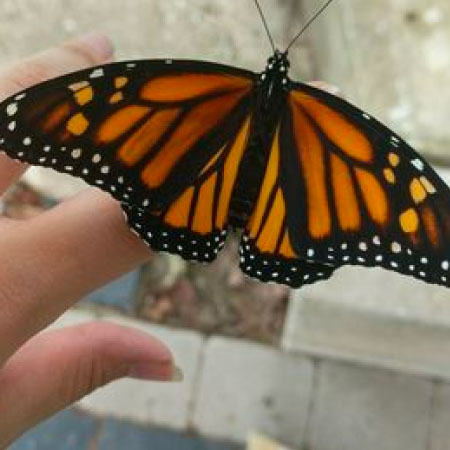Caring For Bleeding Heart Transplants – How To Transplant A Bleeding Heart Plant


Years ago when I was new to gardening, I planted my first perennial bed with many of the old-time favorites, such as columbine, delphinium, bleeding heart, etc. For the most part, this flower bed was a beautiful success and helped me discover my green thumb. However, my bleeding heart plant always looked spindly, yellow, and barely produced any flowers. After two years of it dragging my garden down with its shabby, sickly appearance, I finally decided to move the bleeding heart to a less noticeable spot. To my surprise, the following spring this same sad little bleeding heart flourished in its new location and was covered with dramatic blooms and healthy lush green foliage. If you find yourself in a similar circumstance and need to move a bleeding heart plant, then read on to learn how.
How to Transplant a Bleeding Heart Plant
Sometimes we have a vision of a perfect flowerbed in our minds, but the plants have ideas of their own. The simple act of transplanting garden plants to a better location can occasionally help them perform better. Transplanting may seem a little scary and risky when you are new to gardening, but when done properly, oftentimes the risk pays off. Had I been afraid to move my bleeding heart, it probably would have continued to suffer until it died out. Bleeding heart (Dicentra spectabilis) is a perennial hardy in zones 3 through 9. It prefers a partially shaded location, where it will have some protection from the intense afternoon sun. Bleeding heart is not too particular about soil type, as long as the location is well draining. When transplanting bleeding heart, choose a site with afternoon shade and well-draining soil.
Caring For Bleeding Heart Transplants
When to transplant bleeding hearts depends on why you are transplanting it. Technically, you can move bleeding heart anytime, but it is less stressful for the plant if you do it in early spring or fall. If the plant is suffering in its current location, cut back any stems and foliage and transplant it to a new location. Bleeding heart plants are typically divided every three to five years. If you find yourself needing to transplant a large, established bleeding heart plant, it may be wise to divide it as well. When transplanting bleeding heart, prepare the new site first. Cultivate and loosen up the soil in the new site and add organic material if necessary. Dig a hole twice as large as the projected root ball. Dig up the bleeding heart, taking care to get as much of the root ball as you can. Plant the bleeding heart in the pre-dug hole and water it thoroughly. Water bleeding heart transplants every day for the first week, then every other day the second week and one to three times a week after that for the first active growing season.
Sign up for the Gardening Know How newsletter today and receive a free copy of our e-book "How to Grow Delicious Tomatoes".

Darcy is a former contributor to Gardening Know How. She is a professional landscape designer and gardening writer with experience in plant sales. An avid gardener, Darcy has a passion for sharing practical tips to help others grow.